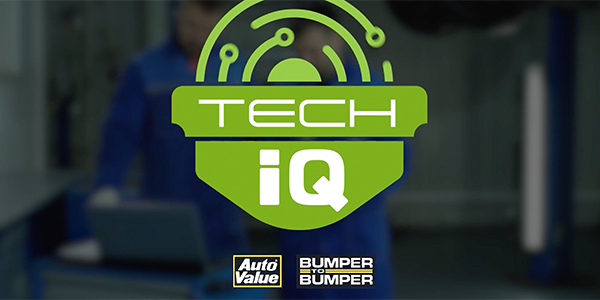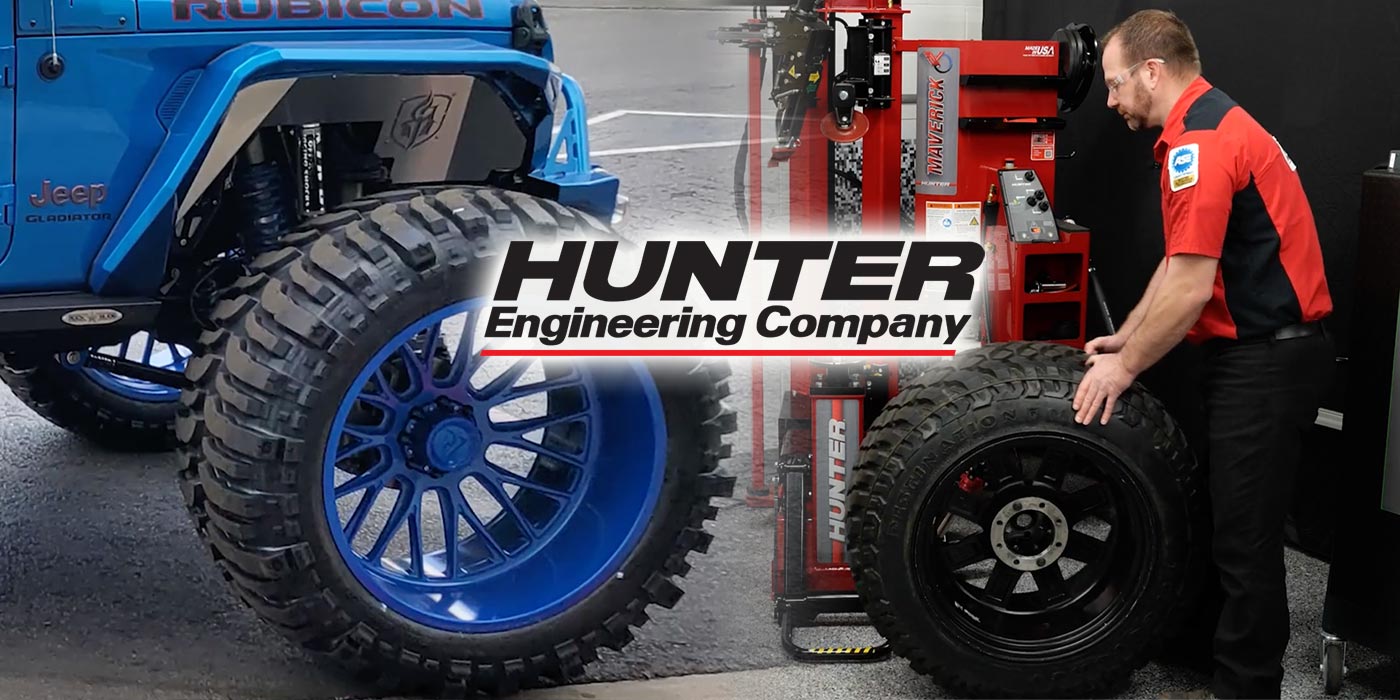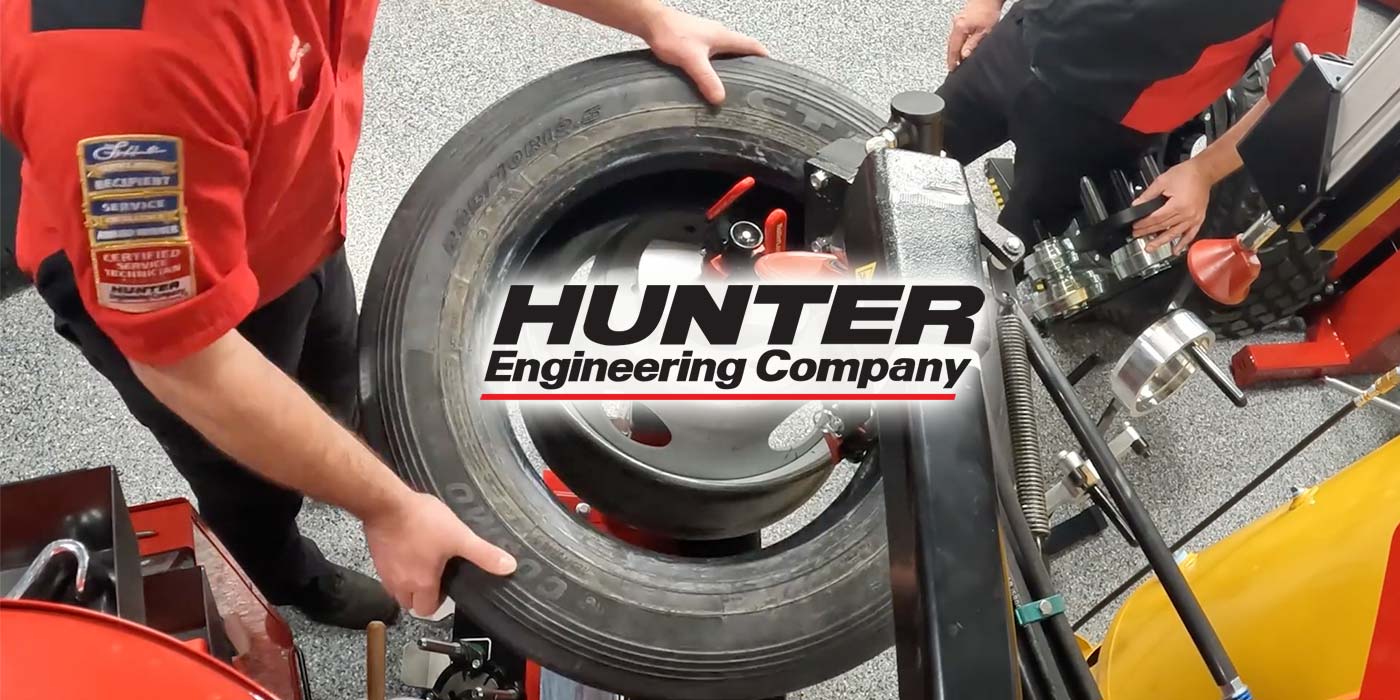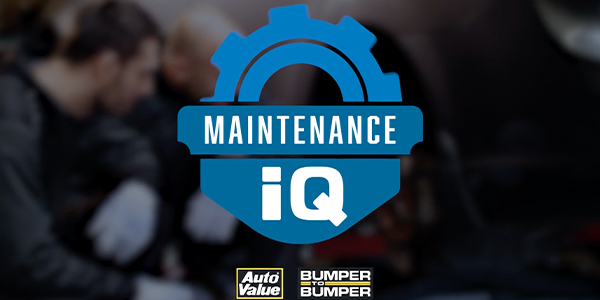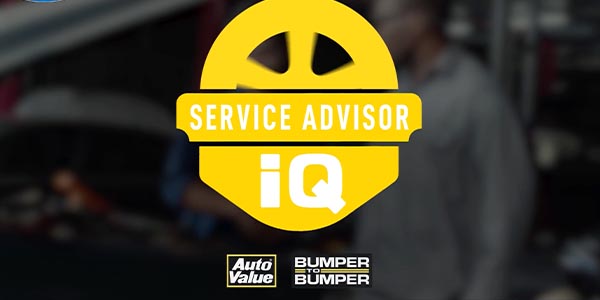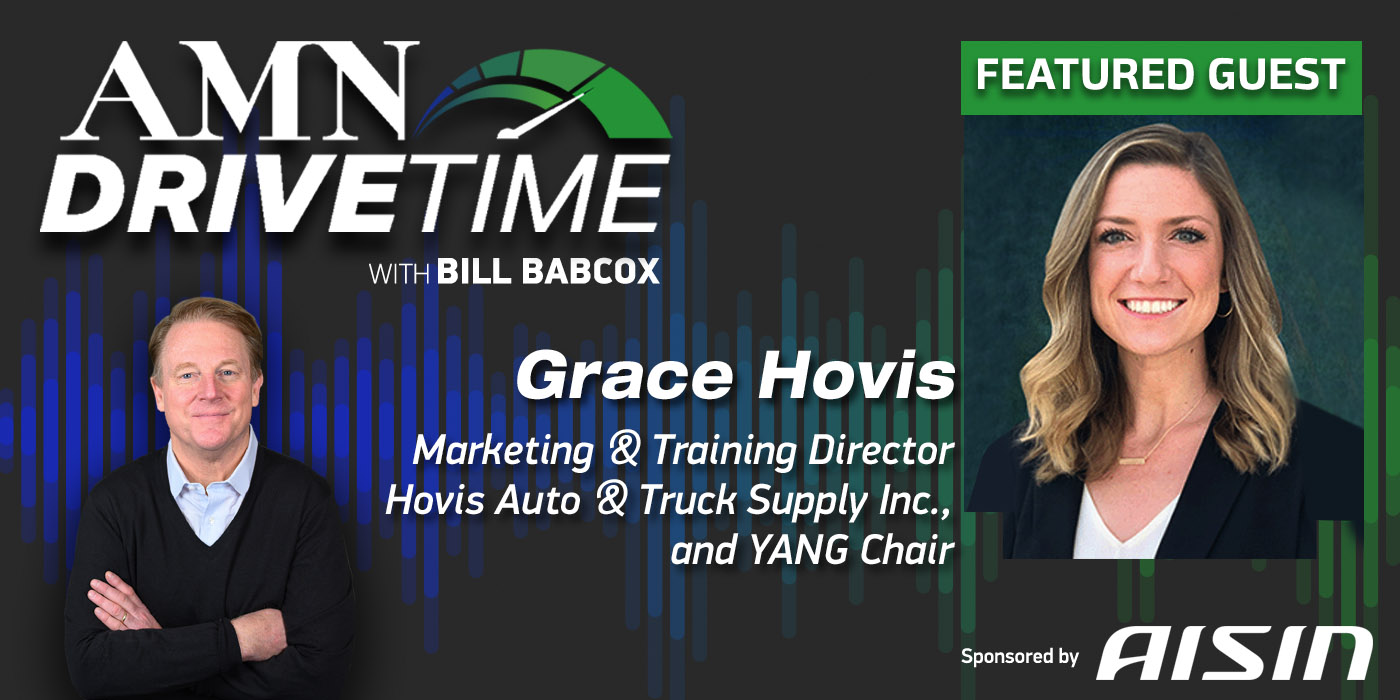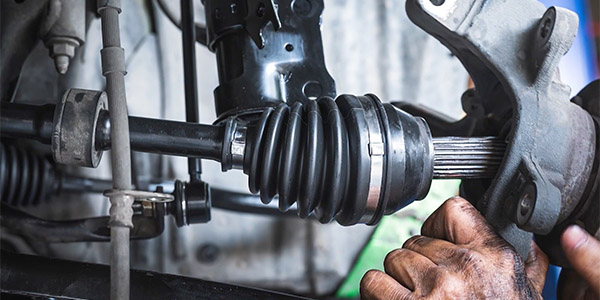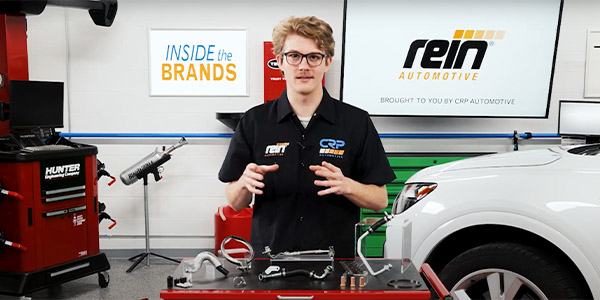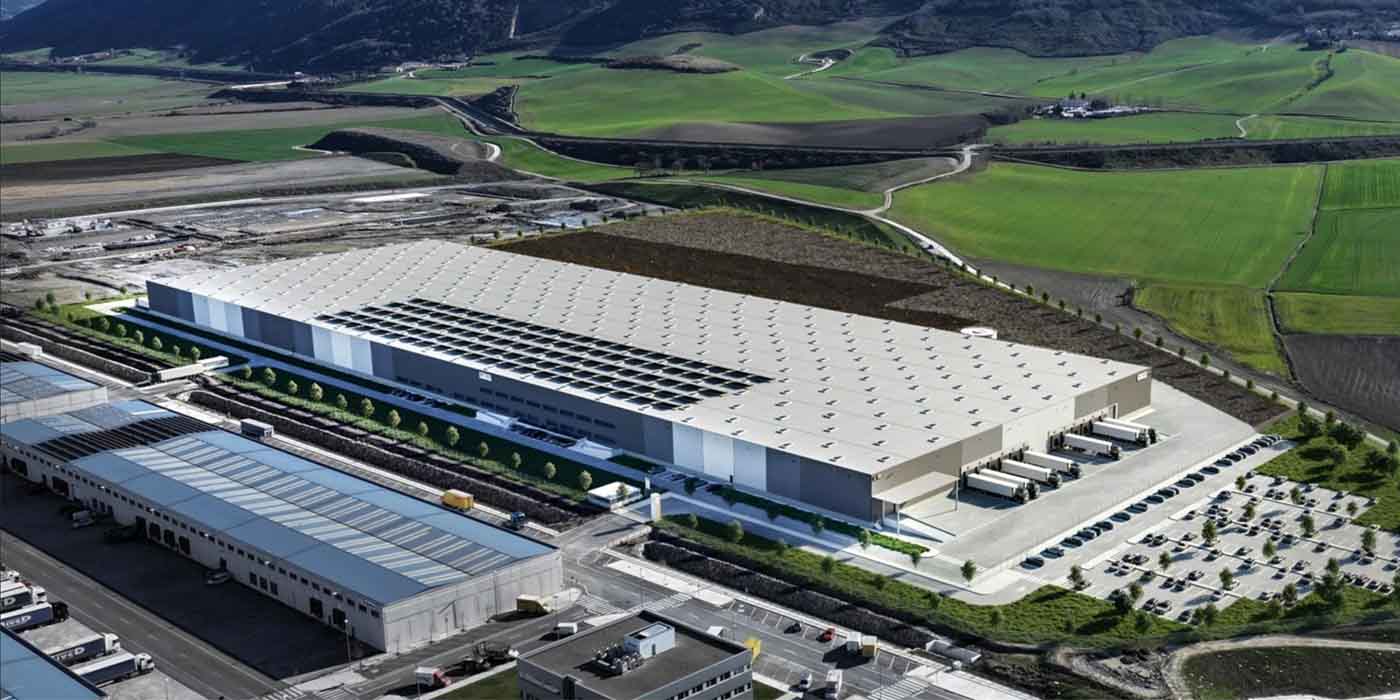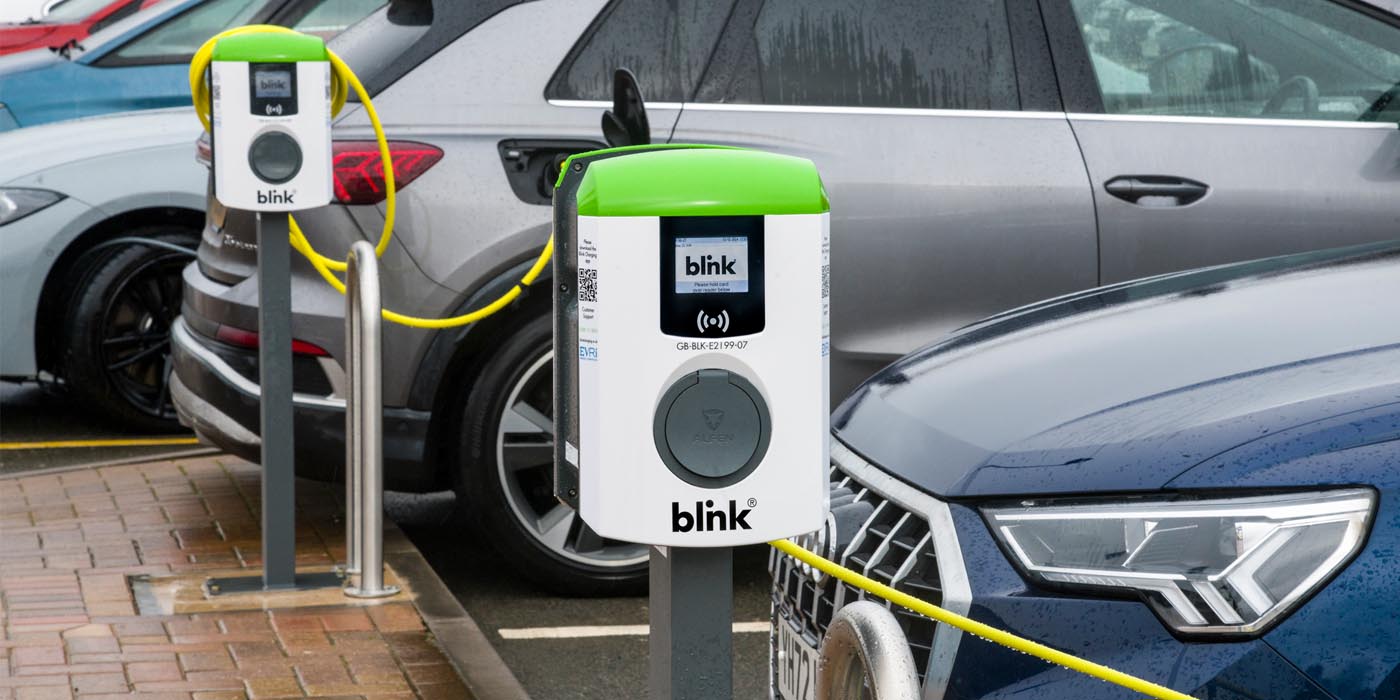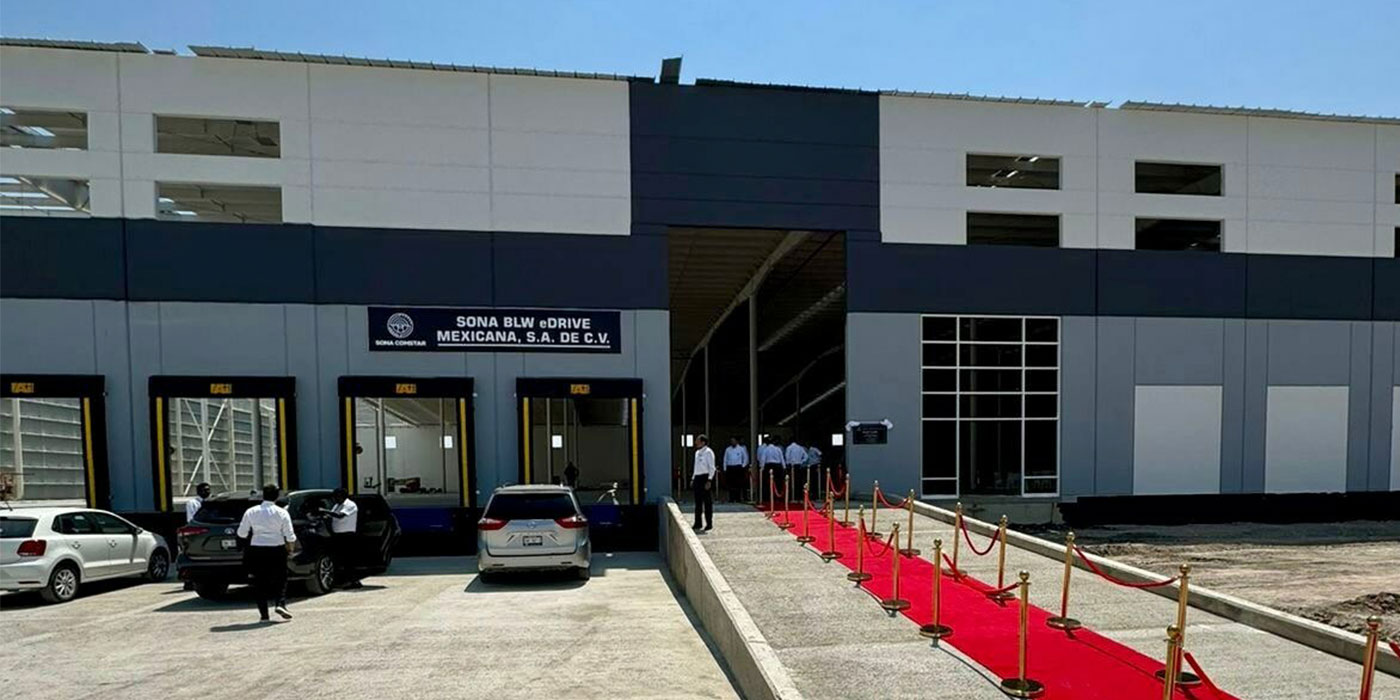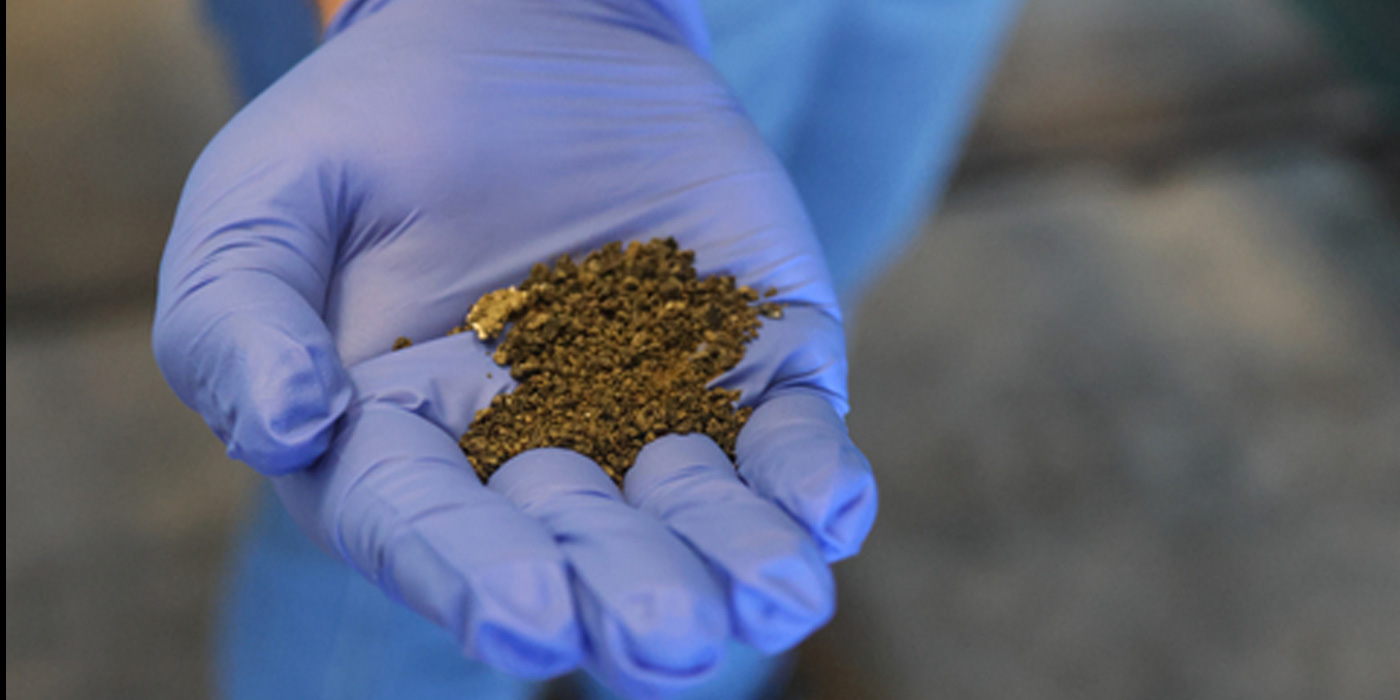The biggest question facing you as an automotive service professional is likely, “when will hybrid and electric vehicles be coming into my bays?” The quick answer, of course, is, they’re probably already there.
However, while news headlines may make it seem like there will be no internal combustion engines on the road next week, we all know that is an unrealistic expectation. The reality is that a lot of what is promised is – at best – decades away. Yet, there are preparations being taken by the leaders in the industry to prepare techs for what they can expect.
Experts say that, with hybrids, the service requirements will be quite similar to what we see with today’s internal combustion engines in terms of fluid change intervals and maintenance. However, the types of oil that will be required with hybrids will change. The constant stopping and starting of engines in hybrid vehicles may prevent them from warming up to achieve peak performance. This less-than-ideal operating temperature may cause sludge, corrosion and motor oil breakdown that can impact fuel economy and engine life.
A premium full-synthetic motor oil formulated with the highest quality base oils and premium additive chemistry, that allows proper emulsification of engine oil and water for maximum protection, will be required. In addition, enhanced anti-corrosion technology will prevent rusting of metal engine components.
In addition to enhanced oil change procedures, you’ll need to be aware of updated tools and processes all around these hybrid vehicles. Here are some key considerations regarding other service opportunities.
You’ll want to be proficient with tire rotation because those new vehicles are heavy. They wear the tires, produce a lot of torque at low RPM and people really ride them for quick starts. Develop a thorough inspection process, and expect to spend some time with each vehicle you service.
Many electric vehicles are heavier than those with internal combustion engines, thanks in large part to the battery packs that can weigh from 1,000 to nearly 3,000 lbs. each. These high-voltage batteries occupy most of the vehicle’s undercarriage, pushing lifting points out to the extreme edges of the frame, making it tricky to lift the vehicle. To safely raise an electric vehicle for service, you’ll need a lift with sufficient rated load capacity and the ability to reach the OEM-recommended lifting points.
You’ll likely need some new tools to handle these new procedures, but don’t panic – the steps you’ll follow may seem foreign at first, but you’ve been here before. Soon, servicing hybrids will be second nature.
Your customers may be intimidated by the technology under their hoods – by preparing now, you can reassure them that your skills are up to the challenge. For more information on training opportunities, visit Valvoline.com.
This video is sponsored by The Group Training Academy.

